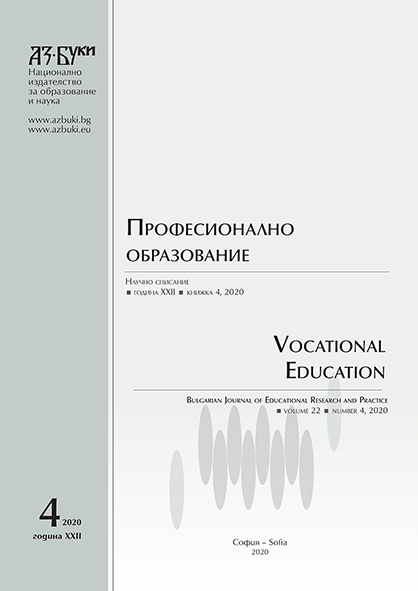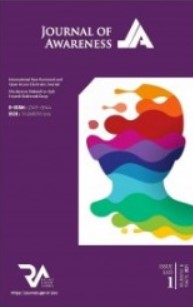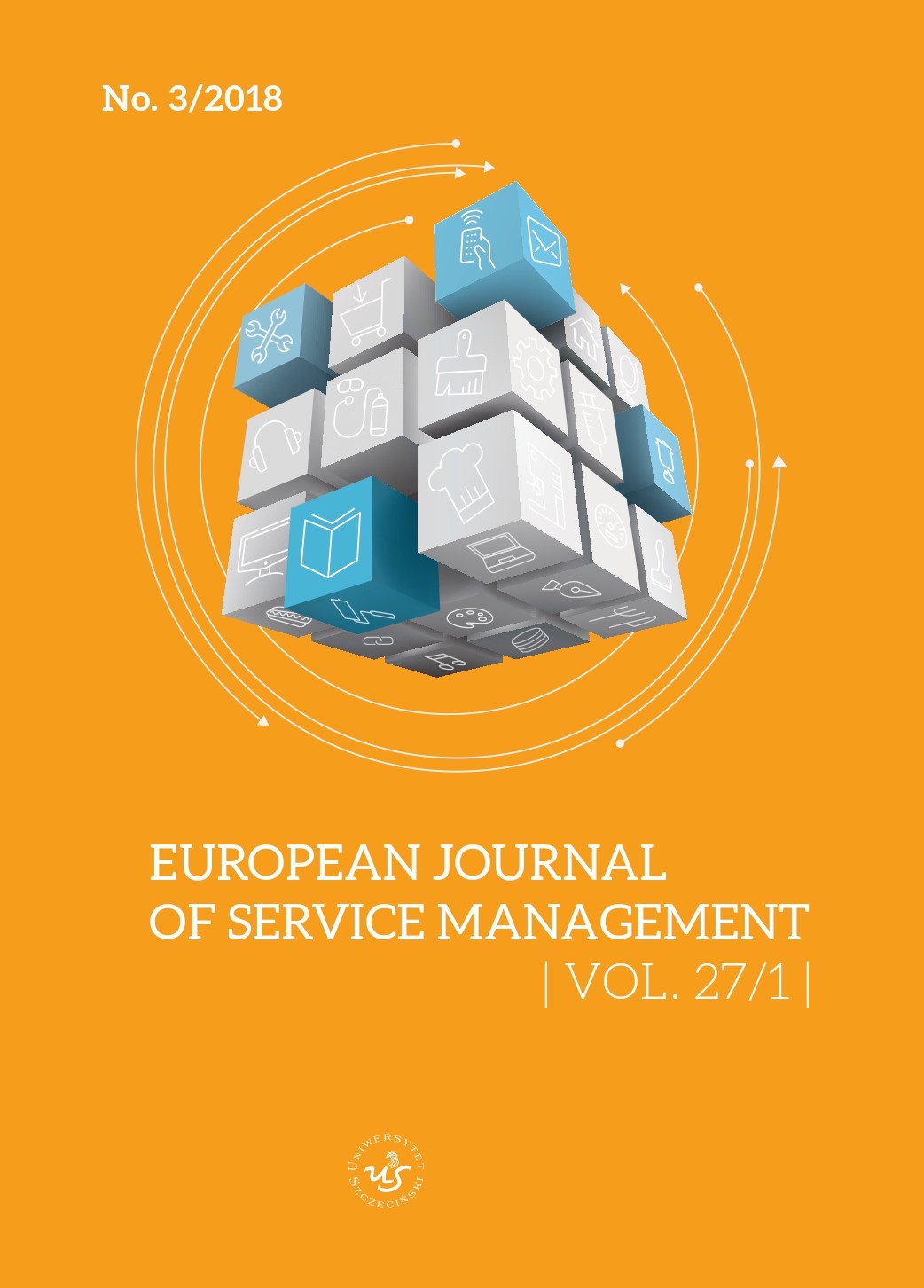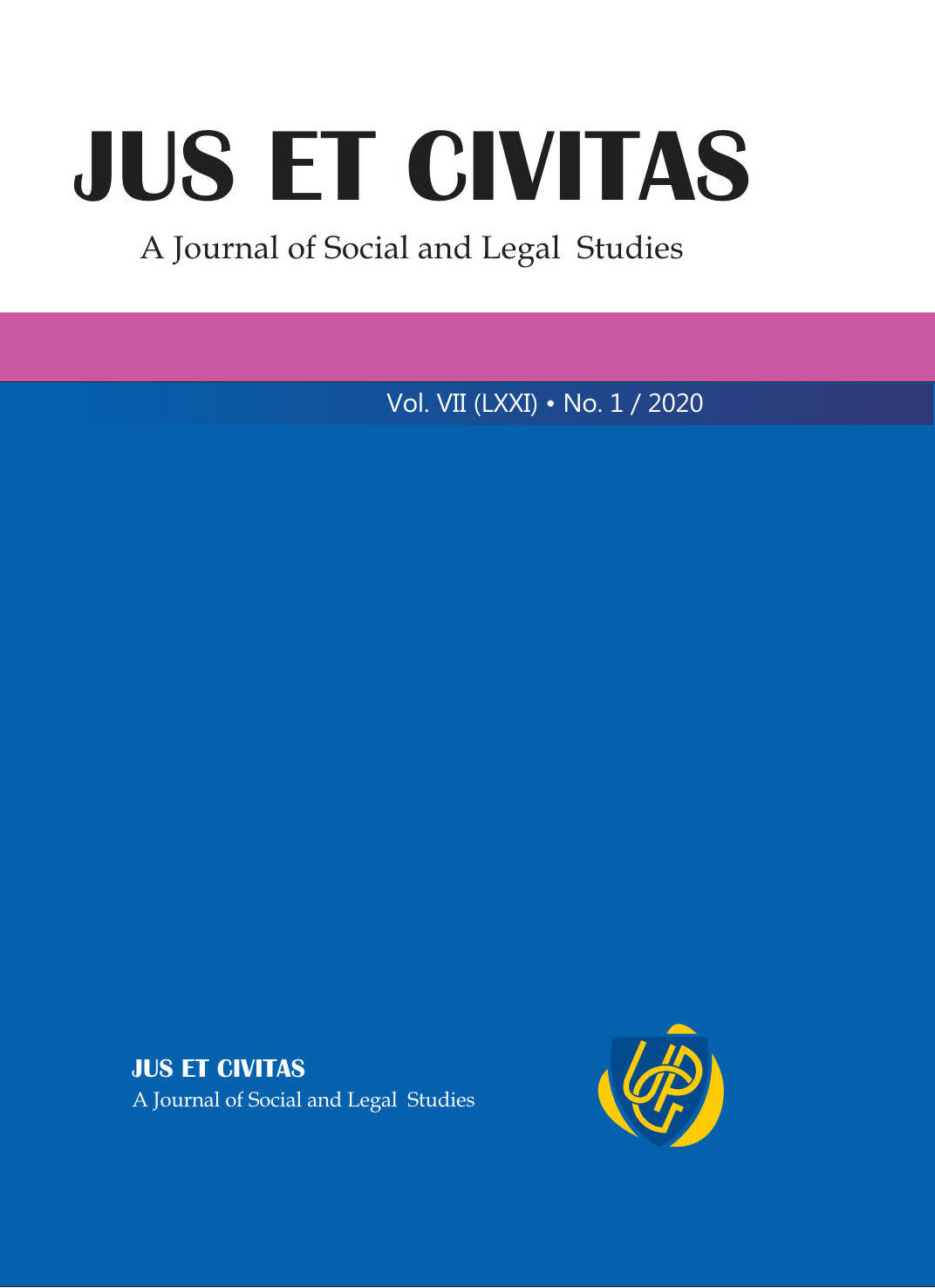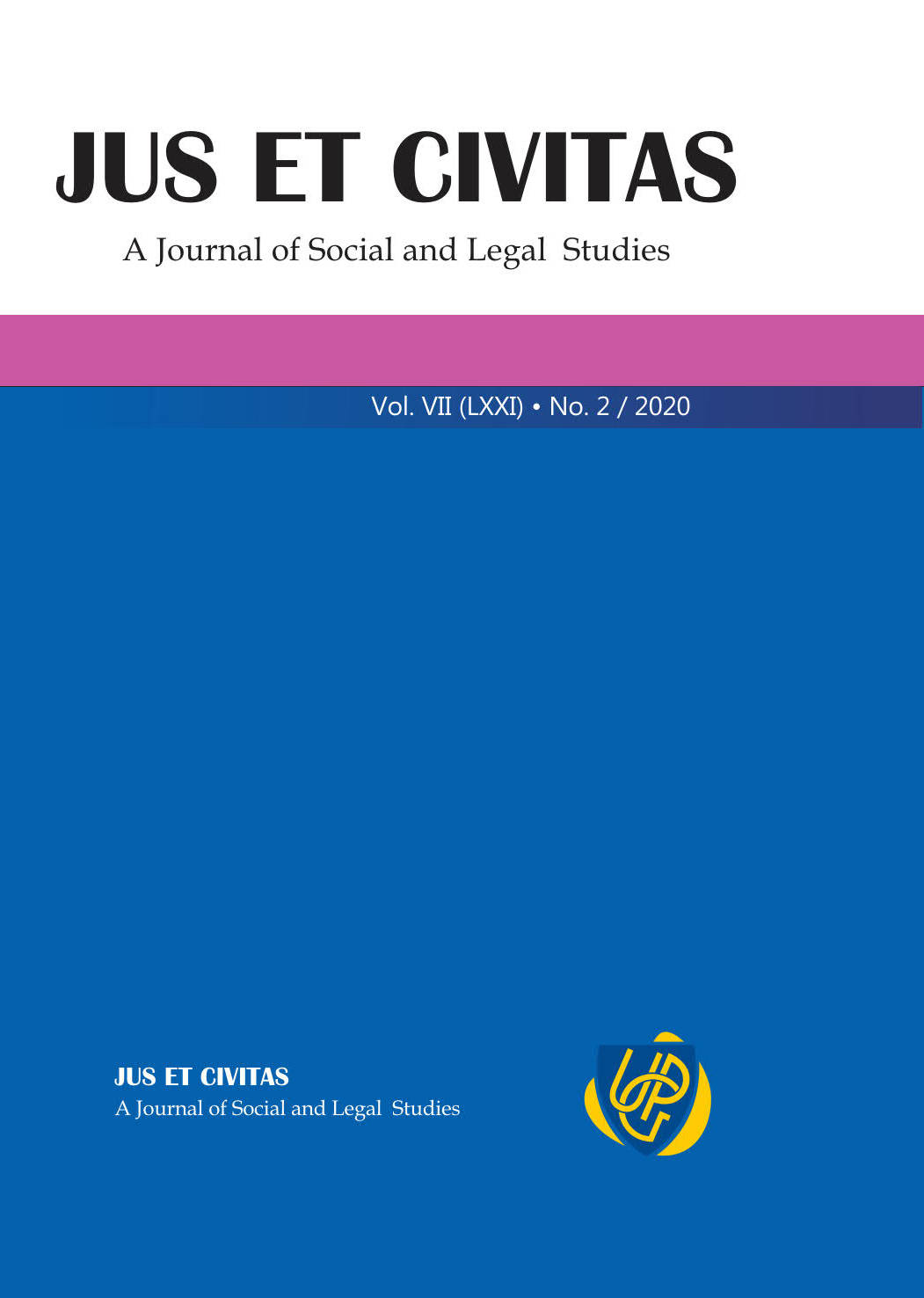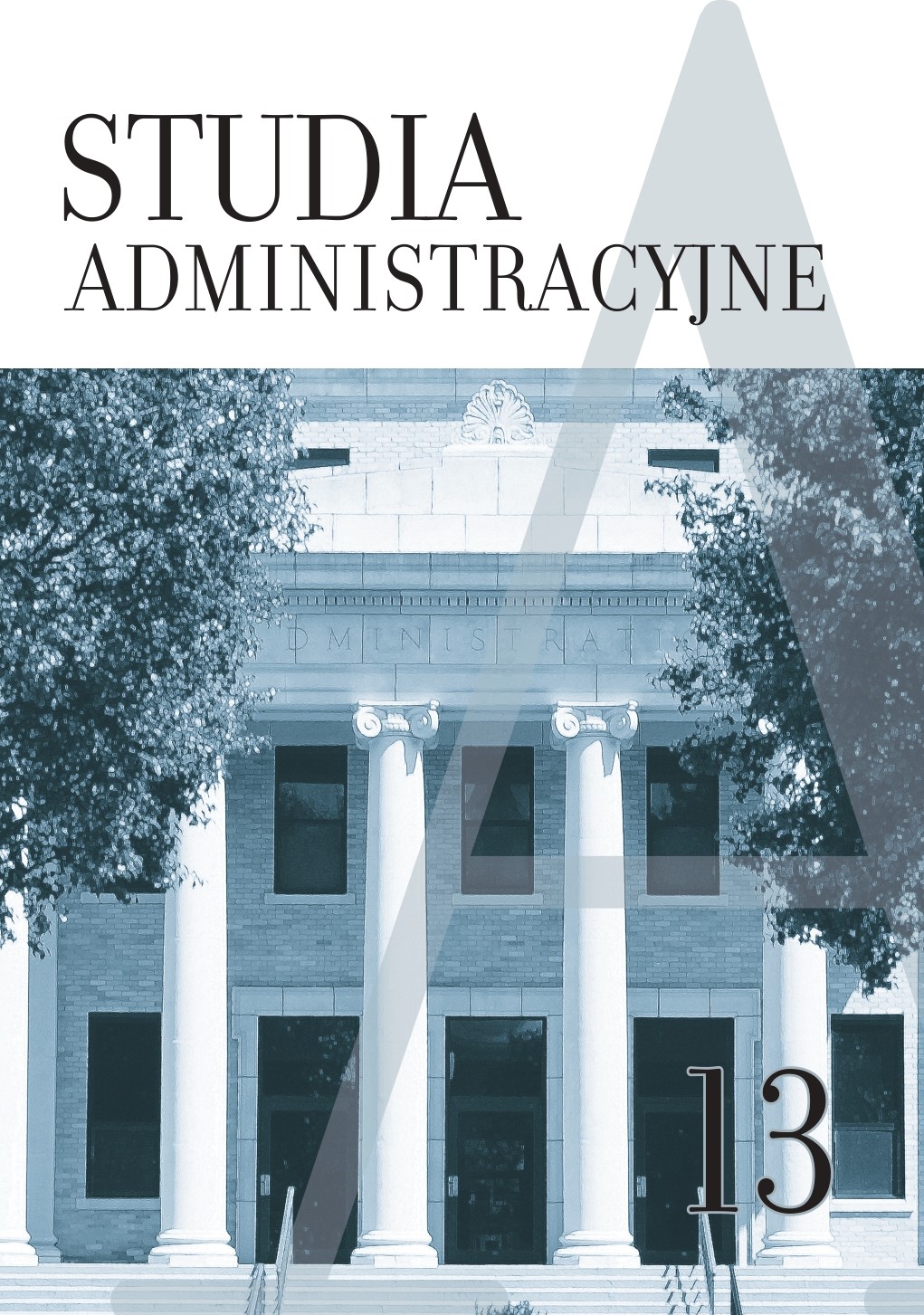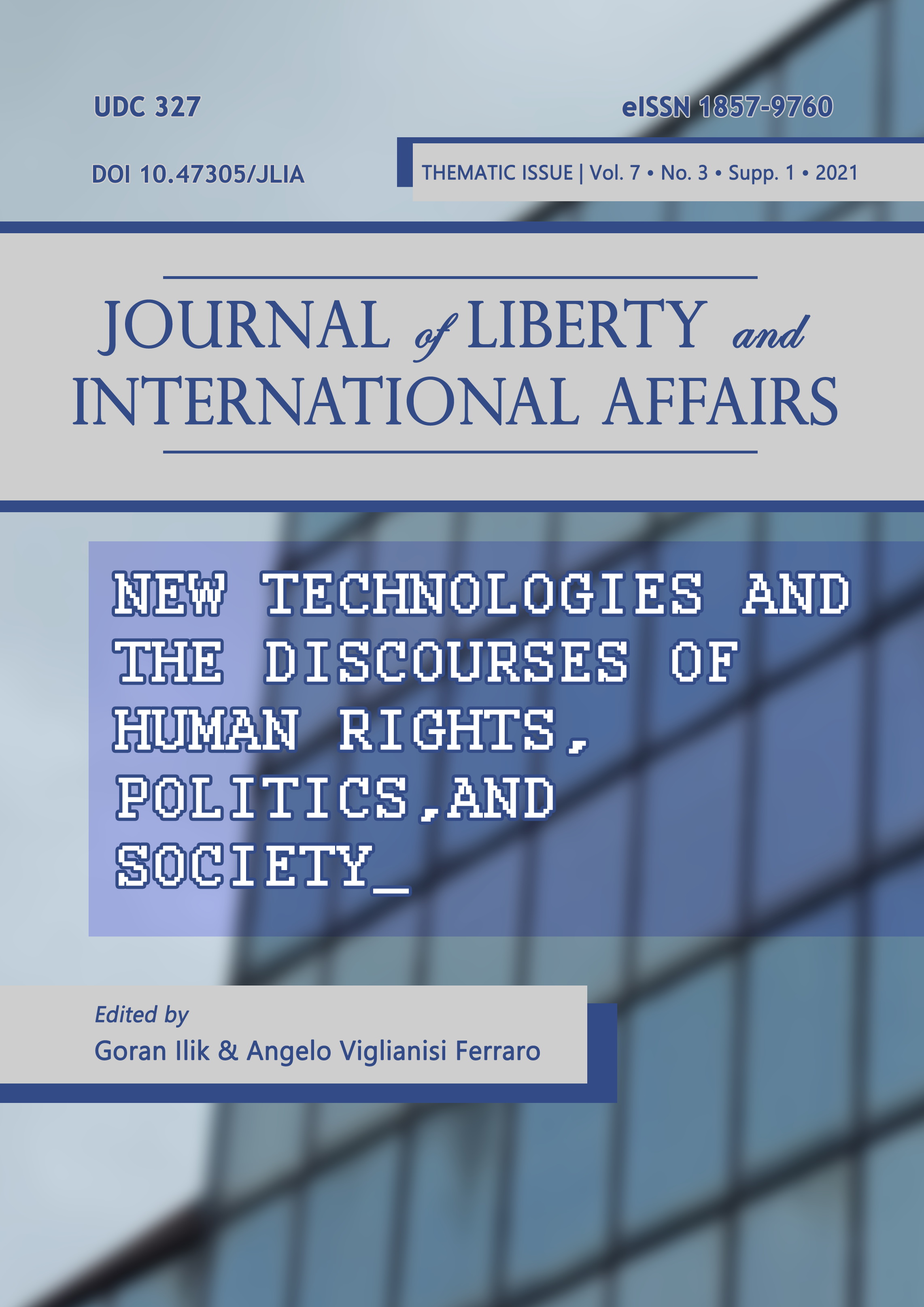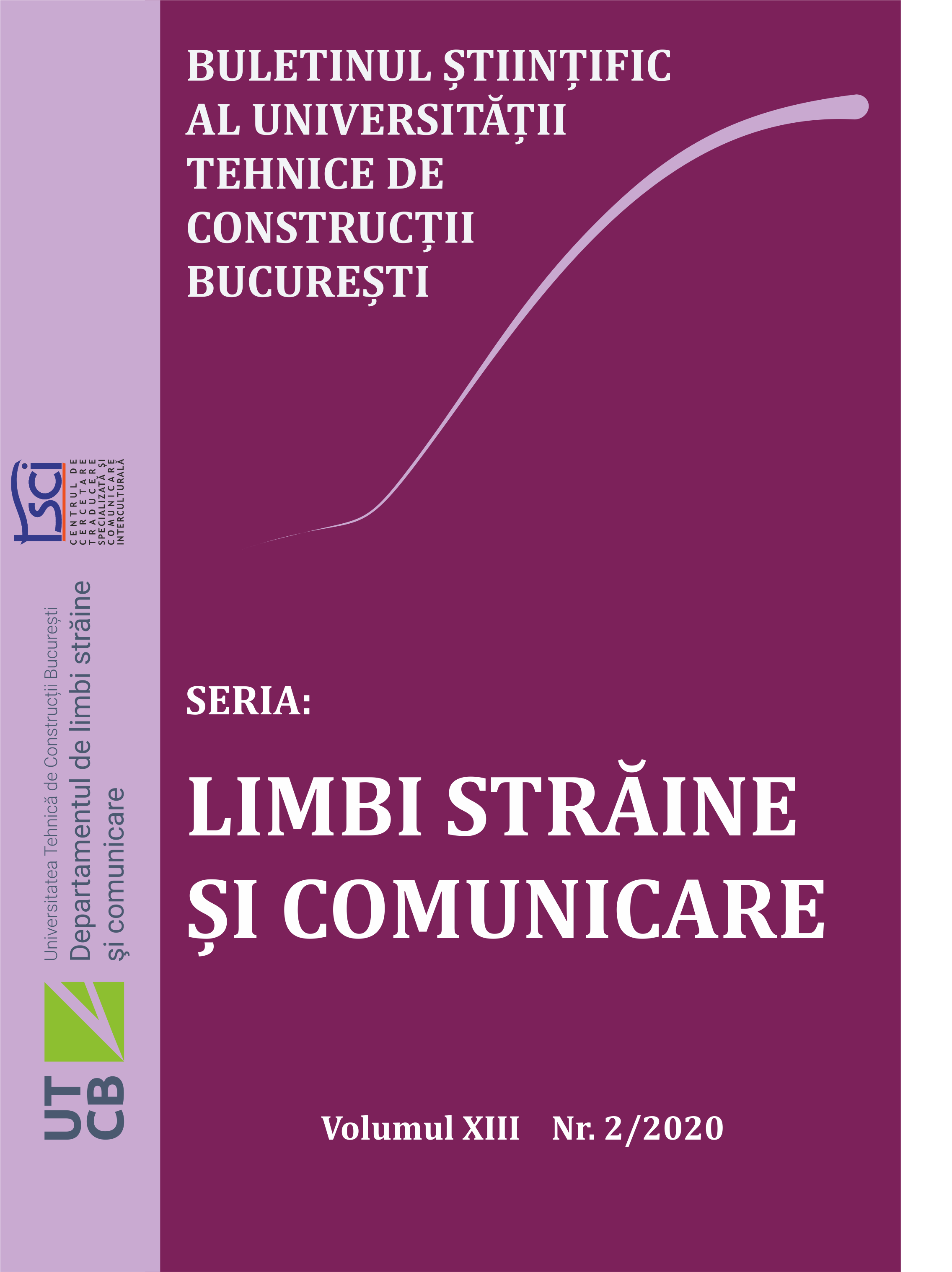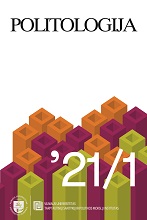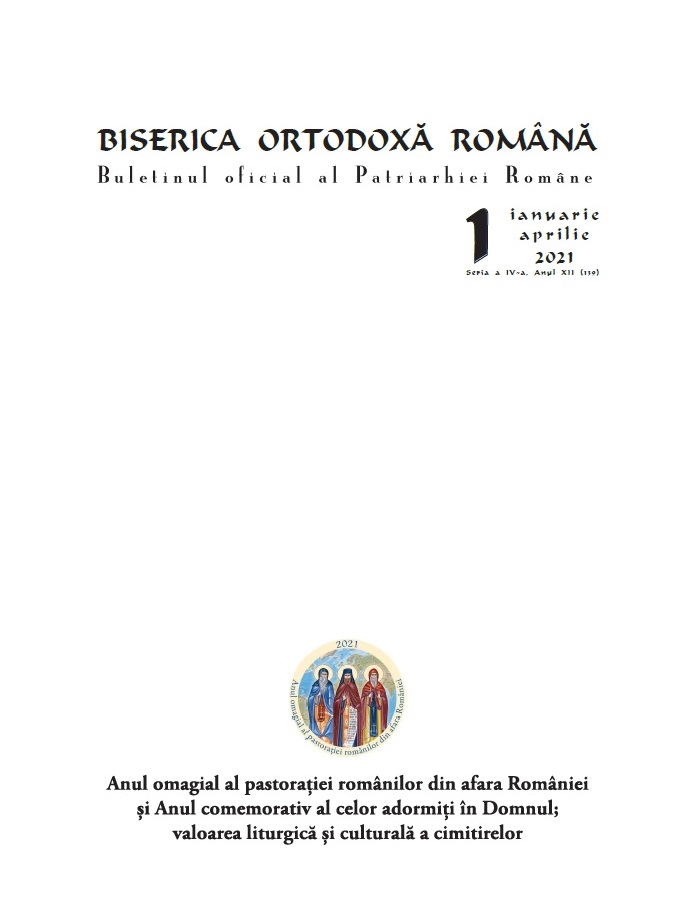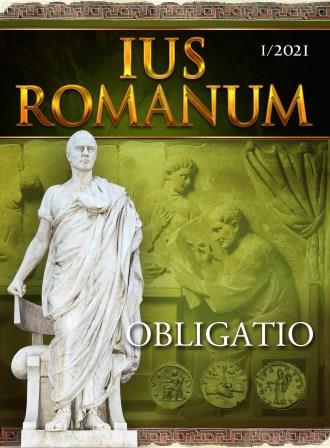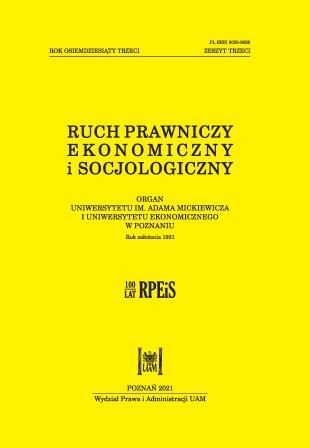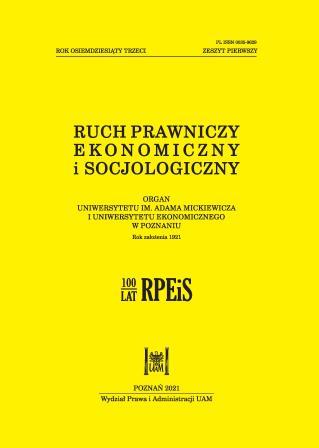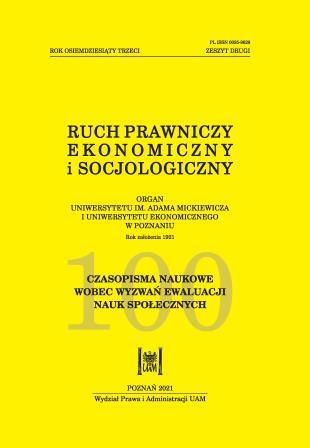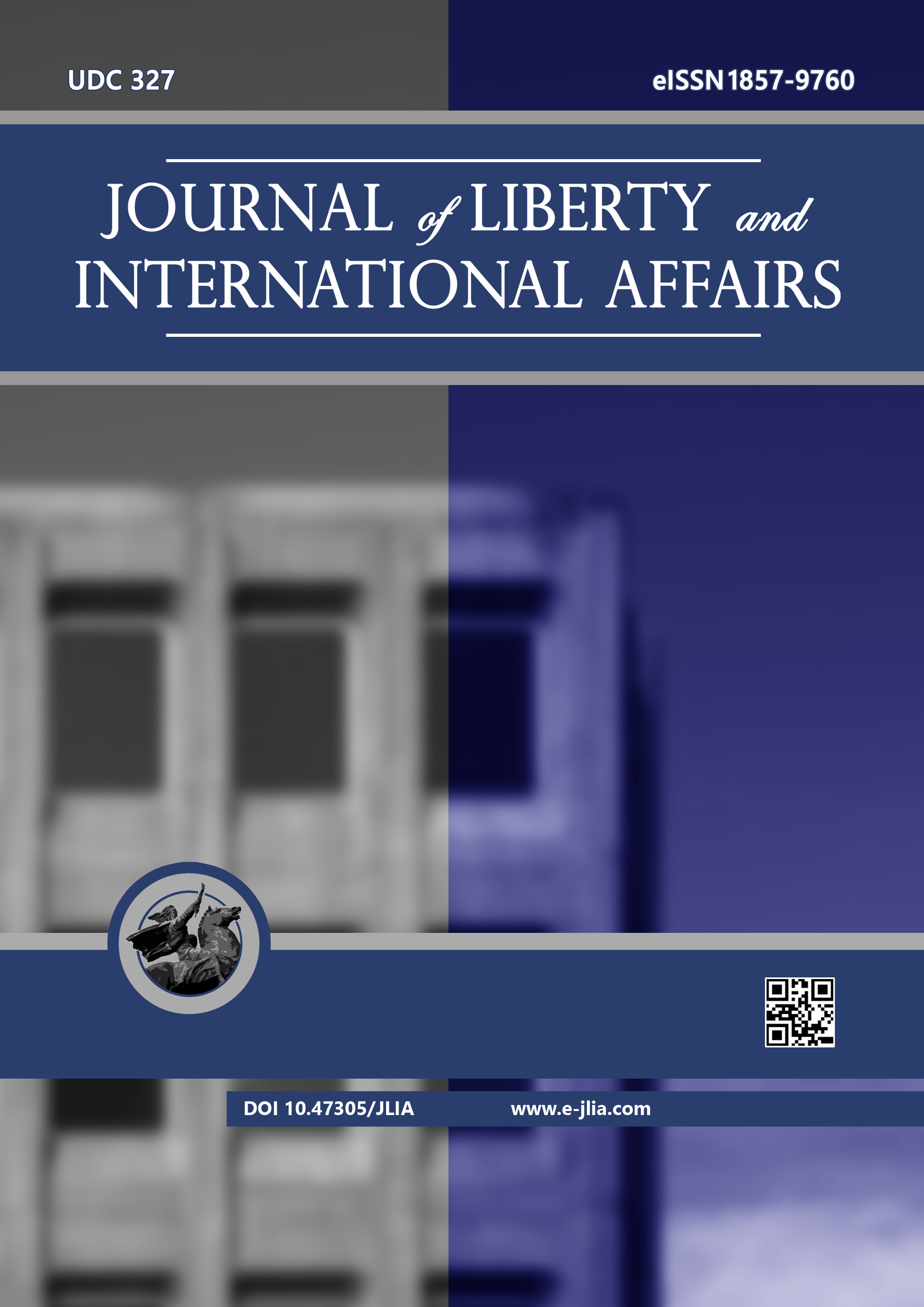Author(s): Marinel Laurențiu Marcu / Language(s): Romanian
Issue: 1/2021
On 15 and 26 April 2021, „Iustin Patriarhul [Patriarch Iustin]” Hall of the„Dumitru Stăniloae” Continuing Formation Centre in Bucharest, hosted twoonline conferences on religious freedom during the pandemic. The guests attendingthem were distinguished personalities of ecclesiastical, cultural and academic life inRomania. The two events belonged to a series of three such meetings, with the thirdone scheduled for 13 May 2021.The first conference (15 April) debated „Religious freedom and health policiesin the European Union during the pandemic”, and was moderated by Archdeaconprof. dr. George Grigoriță, patriarchal counsellor of the Holy Synod Chancellery.The participants were dr. Bogdan Tătaru-Cazaban, researcher at the Institute forthe History of Religions - the Romanian Academy, and Pr. Assoc. prof. dr. SorinȘelaru, patriarchal counsellor – the Representation of the Romanian Patriarchate tothe European institutions.The second online conference, taking place on 26 April, was entitled „Religiousfreedom and sanitary measures in Romania during the pandemic”, and was alsomoderated by Archdeacon prof. dr. George Grigoriță, patriarchal counsellor. Thistime, the invited guests were prof. dr. Dan Dungaciu, director of the Institute forPolitical Sciences and International Relations of the Romanian Academy, and Pr.Ionuț-Gabriel Corduneanu, administrative vicar to the Patriarchate.During both meetings, lectures were followed by a questions and answers andby debates around the topics investigated and discussed.The final conference in the series of the three events dedicated to religiousfreedom and the regime of religious denominations during the current period, willtake place on 13 May 2021 and will be entitled „Administering the holy mysteriesor hierurgies in times of pandemic”. The lecturers for the respective event will be HisGrace Varlaam Ploieșteanul, Vicar Bishop to the Patriarch, and Pr. prof. dr. ViorelSava, of „Dumitru Stăniloae” Faculty of Orthodox Theology - Iași.
More...
